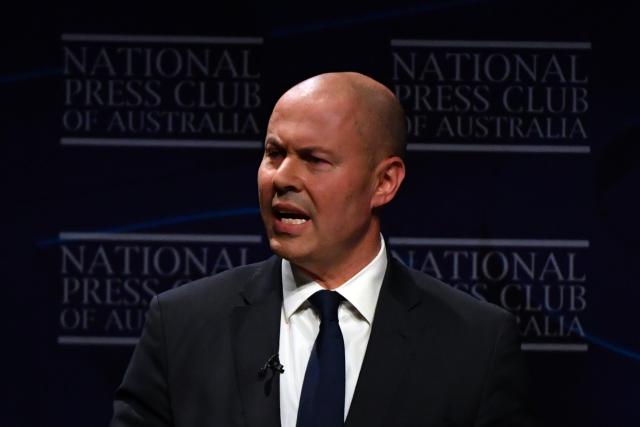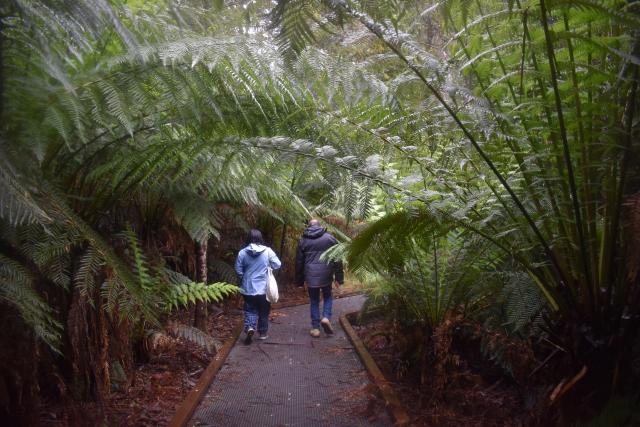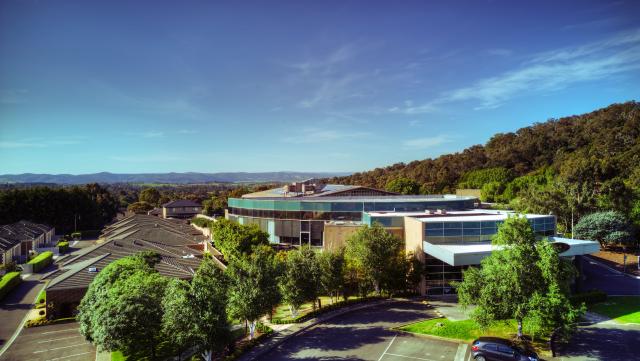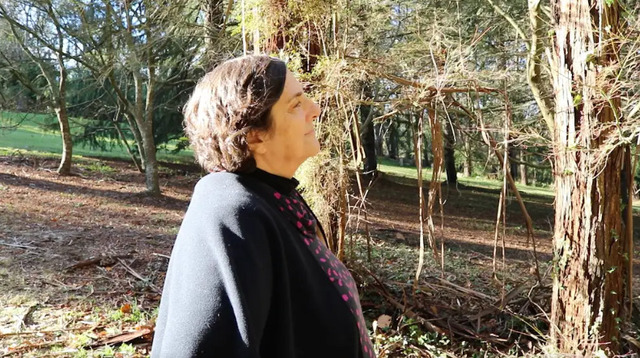The focus of the 2022 federal budget was a pre-election bid to combat the rising cost of living for Australians, with residents in the Dandenong Ranges and Yarra Valley set to see tax breaks, direct payments for welfare recipients and a reduction in the cost of fuel.
During his 2022 budget speech on 29 March, Federal Treasurer Josh Frydenberg announced a $420 “cost of living tax offset” for people earning less than $126,000 when they submit their tax returns later in the year, while pensioners and welfare recipients will receive $250 dollars to help soften the rising costs of living.
Federal Treasurer Josh Frydenberg said more people are at work and fewer people are on welfare compared to a year ago.
“Individuals already receiving the low and middle-income tax offset will now receive up to $1,500 and couples up to $3,000 from the first of July this year,” he said.
“This measure comes on top of the $40 billion in tax relief already provided by our government since the start of the pandemic.”
People currently eligible for the low and middle income offset receive between $255 and $1080 dollars when they file their taxes, however, with the announced changes they will receive between $475 and $1500.
Mr Frydenberg said the $250 payment to pensioners and welfare recipients would be received within weeks.
“Six million Australians, pensioners, carers, veterans, job seekers eligible self-funded retirees and concession cardholders will benefit together within existing indexation arrangements,” he said.
“This will see a single pensioner receive more than $500 in additional support over the next six months just when they needed it most.”
The tax offset and payments are a part of the Federal Government’s “cost of living” package to reduce the impact of inflation and rising prices, which also included efforts to reduce the cost of fuel, with Mr Frydenberg also announcing a cut to the fuel excise by 22c a litre.
The fuel excise tax has been cut in half from 44c to 22c for six months, as a temporary measure to reduce the impact of rising petrol prices.
Mr Fydenberg said events abroad — like the Russian invasion of Ukraine — have pushed the price of petrol up.
“A family with two cars who fill up once a week could save $30 a week or around $700 Over the next six months,” he said.
“Whether you’re dropping the kids at school driving to and from work, visiting family and friends, it will cost less.”
Mr Frydenberg said the cut in fuel excise will take effect from 12am Wednesday 30 March.
“This cutting fuel excise which takes effect from midnight tonight will flow through to the bowser over the next two weeks,” he said.
“The competition watchdog will monitor retailers to make sure that the site savings are passed on in full.”
Also within the budget, $12 billion was also allocated in the budget towards road funding projects.
Tax deductions for small businesses that train new staff and invest in new digital economy were also included, with every $100 spent on these initiatives receiving a $120 tax deduction.
Wage subsidies for apprentices changed within the budget, with the previous Boosting Apprenticeship commencement scheme ending on 30 June.
New apprentices in “priority” occupations can receive up to $5000 and have up to $15,000 in wages subsidised.
$9.9 billion has been invested in Australia’s cyber security capabilities and $6 billion has been allocated for a range of measures to aid flood-affected communities.
$1.3 billion was allocated within the budget to end violence against women and children.
The Home Guarantee Scheme will be extended to 50,000 places per year, with $2 billion allocated to the National Housing Finance and Investment Corporation in a bid to address rising house prices throughout the country.
The Federal Government also allocated $80 million in support for businesses to re-establish their export markets after they were heavily affected by the pandemic.
Those hoping for subsidies to encourage the uptake of electric vehicles and renewable energy will be left disappointed, however, with yearly expenditure on climate change measures expected to drop by 35 per cent by 2026.
There has also been a reduction in funding for the arts, with regional arts funding falling from $18 million to $7.5 million and support for film and television falling by $45 million.







